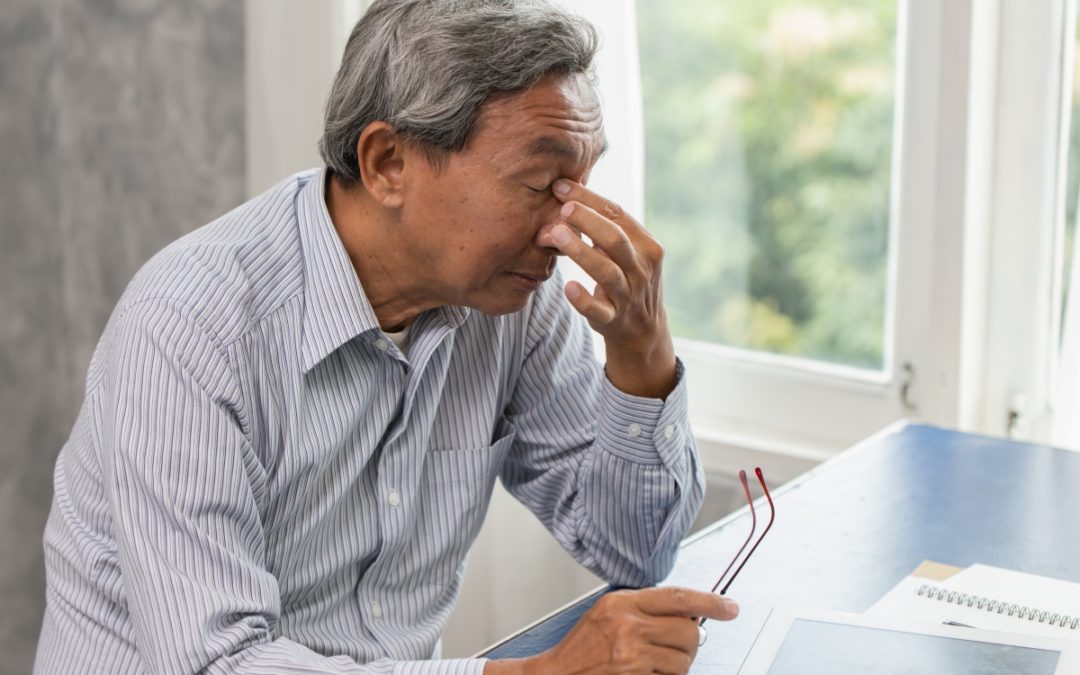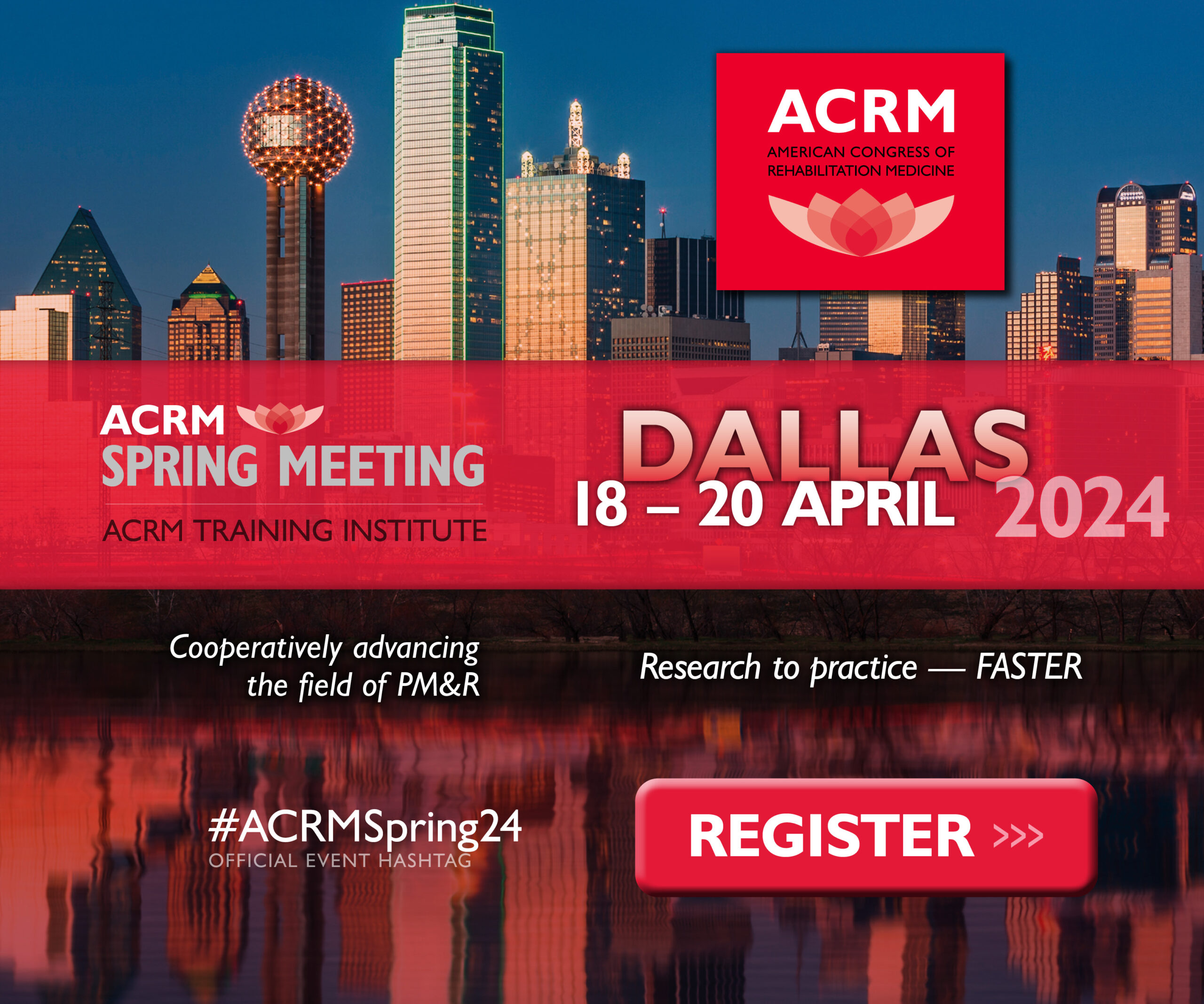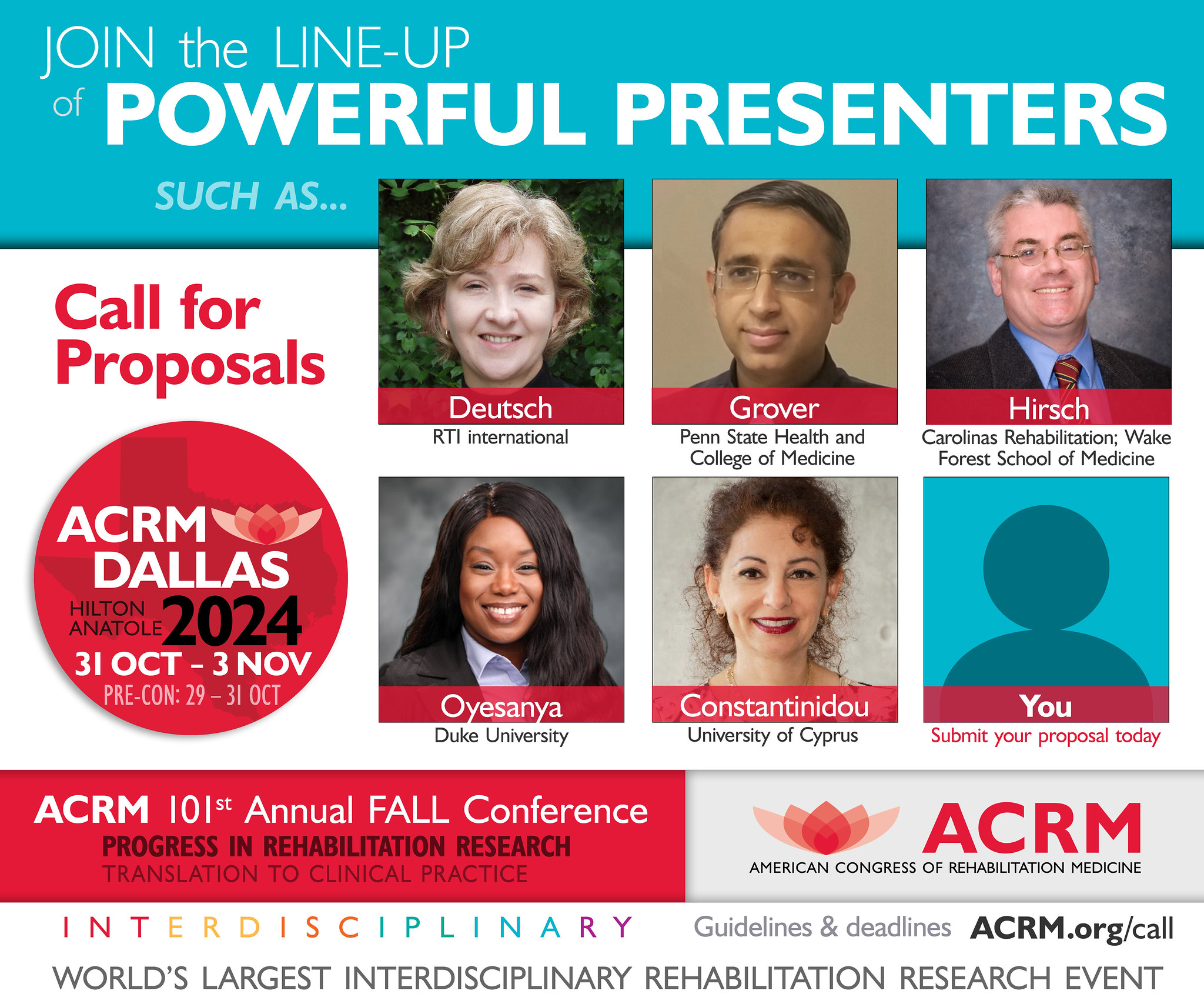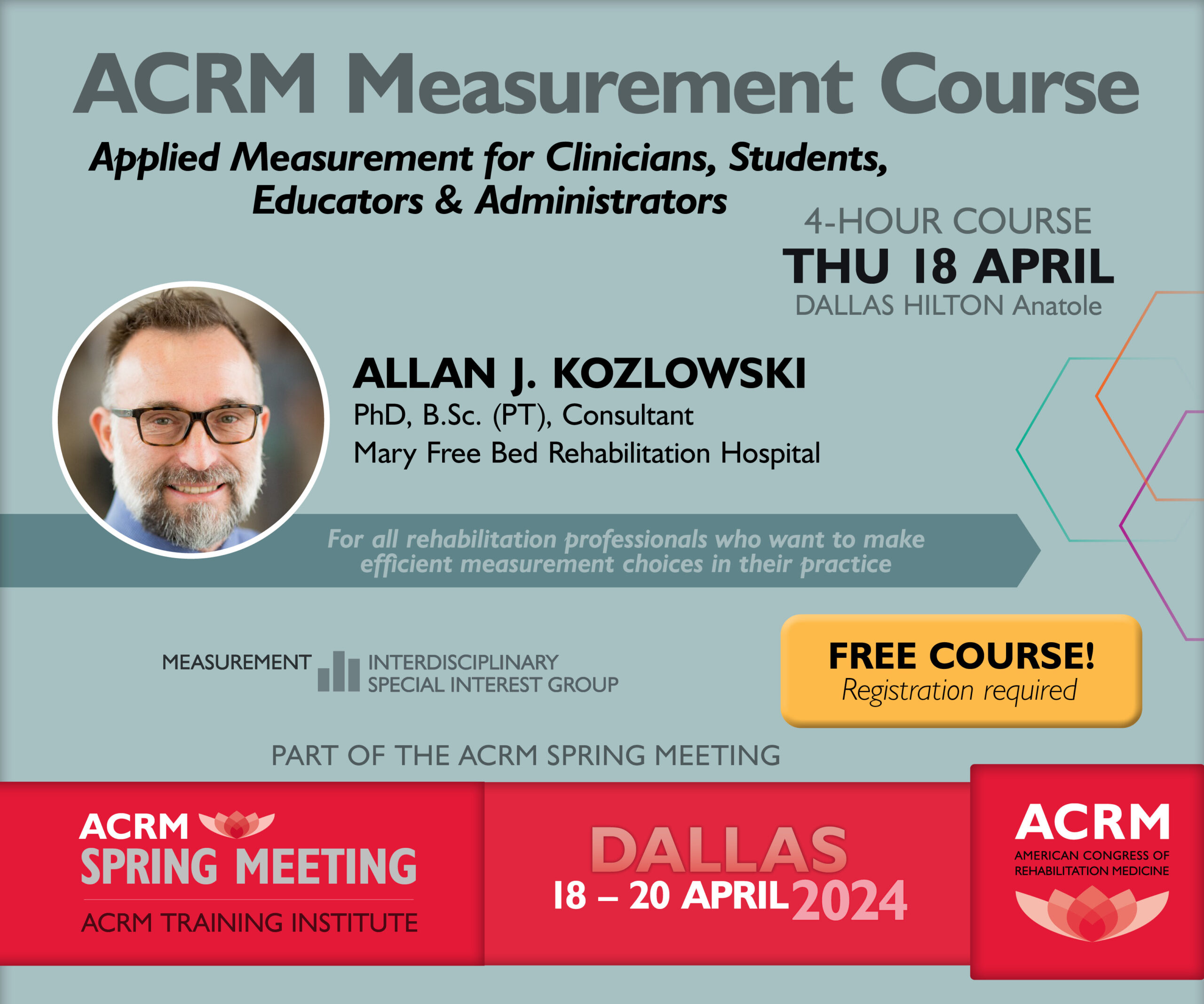1.1 million people in the U.S. are living with HIV today and around 15 percent of them — 1 in 7 — are unaware that they are affected. Chronic pain affects around 40 – 85 percent of those with the condition.
As an association created to improve the lives of individuals with disabilities and further rehabilitation research, we at ACRM are committed to helping those living with HIV find the pain management option that works for them. Continue reading to learn more about HIV-related pain and treatment options.
Ongoing Pain In People Living With HIV
Chronic pain is common for those living with HIV, and HIV clinicians should work with pain specialists to help alleviate their patients’ pain.
The causes of HIV-related pain are varied and sometimes unrelated to the infection itself. Short-term pain can be caused by other infections, injuries, or surgeries, and sometimes there is no apparent cause.
HIV treatment can also cause painful side-effects, such as stomach cramps, and kidney stones. If an anti-HIV drug is causing pain, it might be possible to change drugs. Most of the commonly used drugs for HIV treatment do not cause extreme side-effects, but they can cause muscle pain, headache, or just make you feel generally unwell.
Pain can also cause emotional and mental health problems. Both acute and chronic pain can disrupt your day-to-day life and, sometimes, lower your quality of life, so it’s important to find a way to manage pain. Rehabilitation research is finding some innovative pain management techniques, and there are several current medications that help people find relief from pain.
Finding The Right Treatments
Many HIV medications can interfere with pain medications, and vice versa, so finding the right treatments for pain caused by HIV is a tricky process. Some medications can even heighten pain sensitivity, but people living with HIV should never stop taking prescriptions without talking to their doctor. While there is no cure for AIDS, rehabilitation researchers are continually working towards treatment options and pain management therapies. Here are a few options for medical interventions for treating HIV pain.
Topical Anesthetics
Patches and creams can provide relief for those suffering from more moderate forms of HIV pain. Those looking to use these over-the-counter medications should consult with a doctor before use, though, because they can negatively interact with other forms of medication. Topical anesthetics can include drugs like lidocaine, benzocaine, and prilocaine.
Topical anesthetics can numb and reduce pain in the areas where they are applied. The FDA recommends only using the lowest strength and amount of medication necessary for pain relief and to be careful not to apply to areas of broken or irritated skin.
Non-Opioid Pain Relievers
Mild pain relievers such as acetaminophen or ibuprofen are effective for treating mild pain. Those looking to relieve pain using these medications should be careful because it is easy to overuse these drugs. Overuse can cause damage to the stomach and liver, especially when combined with alcohol.
Opioids
Treatment with opioids — even for people suffering from acute pain — is a fraught topic. There is currently an avalanche of lawsuits filed against opioid manufacturers and distributors across the country. The risk of abuse and addiction is real and opioids should never be the first approach to pain management.
But opioids are also extremely effective at temporarily relieving pain. Opioids can be an excellent treatment option for those suffering from moderate to severe HIV-related pain, but aren’t recommended for long-term use or treating chronic pain.
Common medications include:
- Oxycodone
- Methadone
- Morphine
- Hydrocodone
Some people have a higher chance of addiction to opioids than others, so you should continually monitor use of these medications. Patients should also be sure to take them as prescribed.
Alternative Therapies
Many people suffering from pain find relief in alternative therapies. When used alongside traditional medicine, these treatment options can help relieve some of the symptoms of HIV or AIDS. Alternative treatments should not be discounted and are always an option for those suffering from pain to explore.
Here are a few kinds of alternative therapies:
- Relaxation techniques, like meditation
- Physical therapies such as Yoga, medical massage, or acupuncture
- Herbal medication and supplements
- Medical marijuana
Share Your Rehabilitation Research With ACRM
The ACRM interdisciplinary Pain Rehabilitation Networking Group (PRNG). is a wonderful resource for medical networking, CE For nurses, CME for physicians, rehabilitation conferences, and, of course, rehabilitation research. Add to the discussion today and help cutting-edge, beneficial research be put into practice.
Join ACRM today to contribute to the conversation and research surrounding pain management for those living with HIV.












